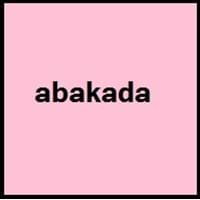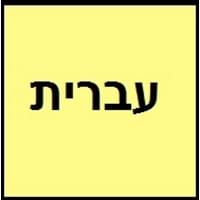Tagalog vs Hebrew
- In 1593, "Doctrina Christiana" was first book written in two versions of Tagalog.
- The name "Tagalog" means "native to" and "river". "Tagalog"is derived from taga ilog, which means "inhabitants of the river".
- The original language of Bible is Hebrew.
- The men and women use different verbs in hebrew language.
Tagalog and Hebrew Language History
Comparison of Tagalog vs Hebrew language history gives us differences between origin of Tagalog and Hebrew language. History of Tagalog language states that this language originated in 1593 whereas history of Hebrew language states that this language originated in 1000 BC. Family of the language also forms a part of history of that language. More on language families of these languages can be found out on Tagalog and Hebrew Language History.
Tagalog and Hebrew Greetings
People around the world use different languages to interact with each other. Even if we cannot communicate fluently in any language, it will always be beneficial to know about some of the common greetings or phrases from that language. This is where Tagalog and Hebrew greetings helps you to understand basic phrases in Tagalog and Hebrew language. Tagalog word for "Hello" is Kamusta or Hebrew word for "Thank You" is תודה (Toda). Find more of such common Tagalog Greetings and Hebrew Greetings. These greetings will help you to be more confident when conversing with natives that speak these languages.
Tagalog vs Hebrew Difficulty
The Tagalog vs Hebrew difficulty level basically depends on the number of Tagalog Alphabets and Hebrew Alphabets. Also the number of vowels and consonants in the language plays an important role in deciding the difficulty level of that language. The important points to be considered when we compare Tagalog and Hebrew are the origin, speaking countries, language family, different greetings, speaking population of these languages. Want to know in Tagalog and Hebrew, which language is harder to learn? Time required to learn Tagalog is 44 weeks while to learn Hebrew time required is 44 weeks.





